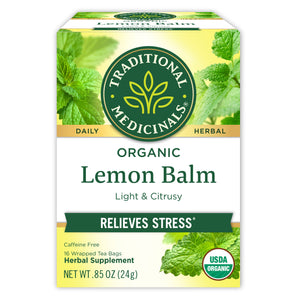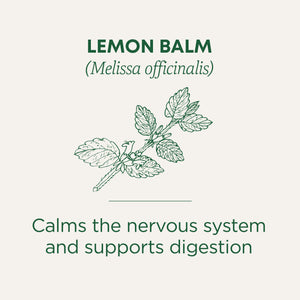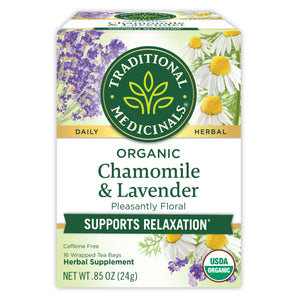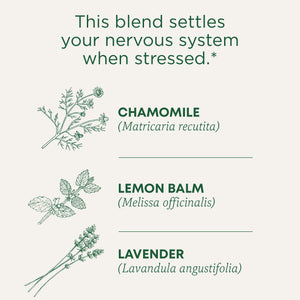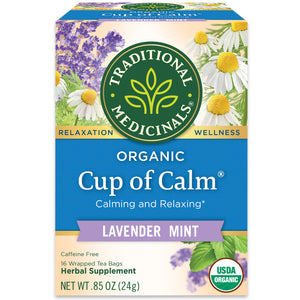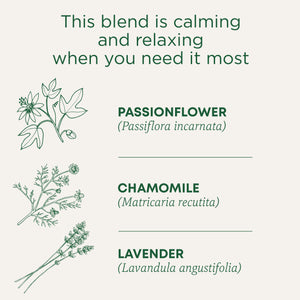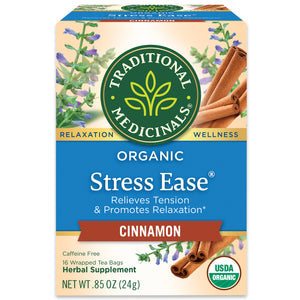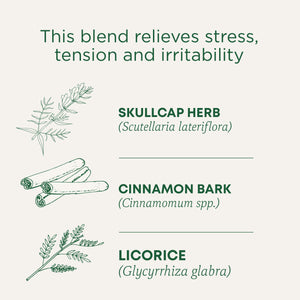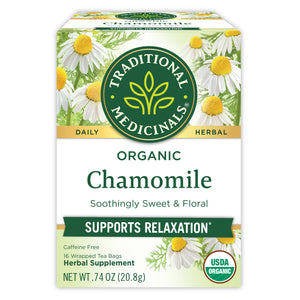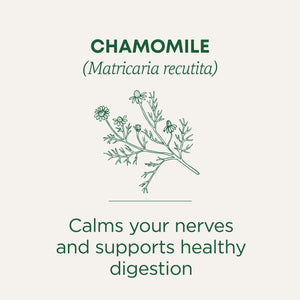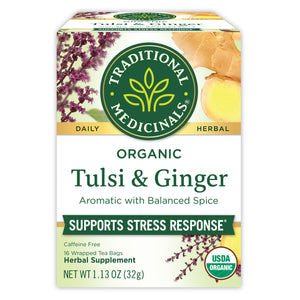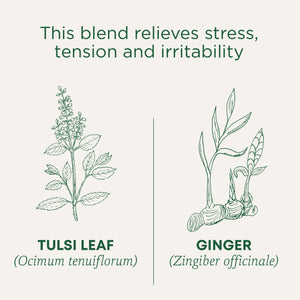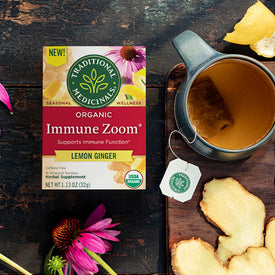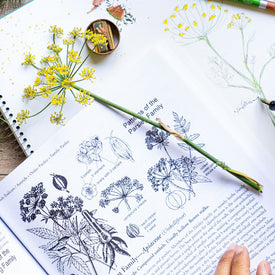One of the most amazing aspects of herbalism is that it acknowledges healing as a holistic process, which helps mind, body, and spirit to move toward alignment. Herbalists and traditional healers know that stress and life perspective greatly impact our health and that every fiber of our being is interconnected. While stress is considered an emotional state that many of us struggle with in the 21st century, it also affects us physically. For this reason, understanding and supporting our nervous system is a key element to any protocol for healing.
Introducing the Nervous System
Generally speaking, the nervous system consists of two major systems—the Central Nervous System (CNS) and the Peripheral Nervous System (PNS). Our CNS, which includes the brain and the spinal cord, is our main command center. It’s what helps us process information and decide how to respond to inputs, whether your body is responding to a stressful week at work or a frightening car accident.
The Peripheral Nervous System encompasses the nerves that branch out from the brain and spinal cord to help your body communicate, as well as all the sensory and motor neurons. Sensory neurons collect information on what we’re feeling and send it to the brain, while motor neurons signal information to the tissues through the transmission of nerve impulses. These neurons are some of the longest living cells in your body; they are irreplaceable and can conceivably live for an entire lifetime. These durable cells need an abundance of nutrition, as much of the food you eat is used as fuel for the brain.
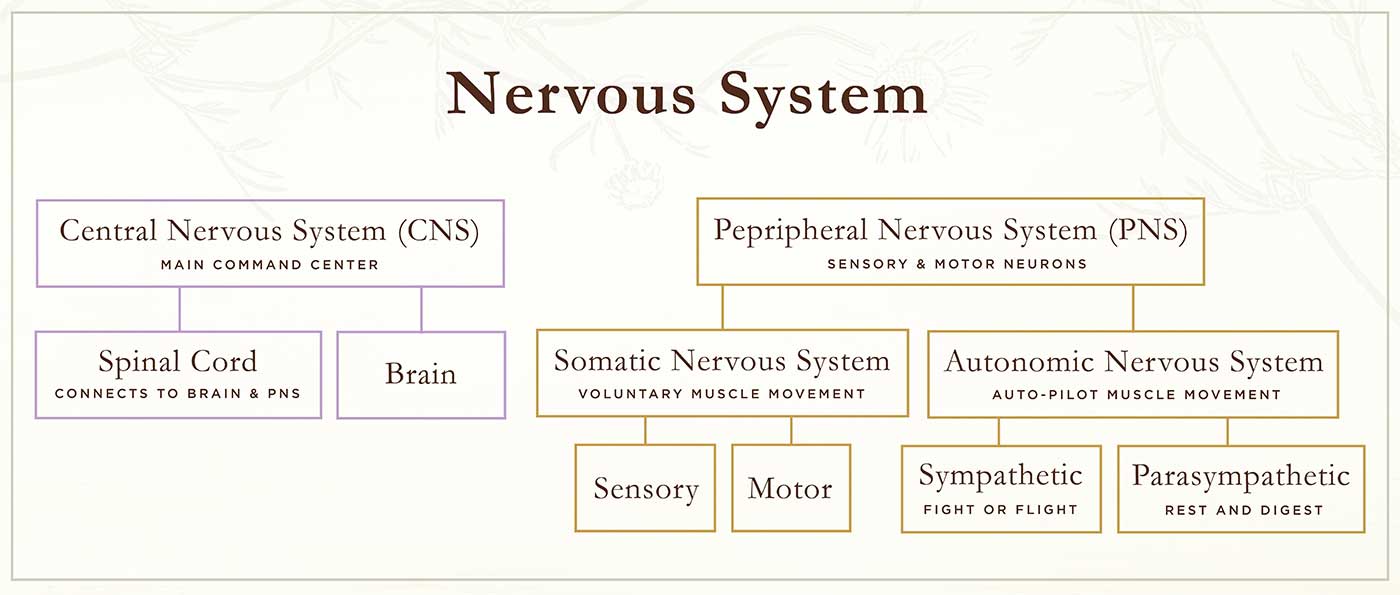
"Nature provides us with herbs that transform and enlighten as well as plants that heal and nurture the nerve tissue itself.” – David Hoffmann, Medical Herbalist
The PNS then further divides into the somatic and autonomic nervous systems. Our somatic nervous system—also called our voluntary nervous system—is controllable and is connected to our physical movements through our skeletal muscles. The autonomic nervous system relates to our smooth muscle tissues, which are more or less on auto-pilot, such as the tissues in our digestive system that help move food along through the digestive tract. This system then breaks down into the sympathetic and parasympathetic nervous systems. Put simply, the sympathetic nervous system is responsible for the “fight-or-flight” response, which increases heart rate, muscle contraction, and adrenaline. The parasympathetic nervous system is known for inducing “rest and digest,” which decreases the heart rate and relaxes the muscles.

How Herbs Support the Nervous System
So, you may be wondering—how do herbs fit into all this? In Western Herbalism, we traditionally use two categories of herbs to support the nervous system: nervines and adaptogens. Nervines include herbs like valerian, chamomile, and passionflower. These herbs provide acute relief to nervous tension, which is why we use these in blends like our Nighty Night® teas to relieve occasional sleeplessness and our Chamomile with Lavender tea for a nervous stomach.* These herbs are especially helpful when dealing with stress effecting the sympathetic nervous system, a.k.a. “fight-or-flight.”
If your nervous system occasionally feels taxed and you are in need of full body support, adaptogens are another useful set of herbal allies. Adaptogens like reishi, astragalus, and ashwagandha are helpful when taken over time to build stamina and bring your body back into balance, so you can better protect your body from the negative effects of stress. Adaptogens were named after the Latin word adaptare—which means to adjust or modify. We like to think that these powerful botanicals aid our response to stress and reduce occasional fatigue from life’s challenges. These building herbs can be infused safely into everyday rituals and foods.
Of course, herbs are only one aspect to a holistic protocol for soothing the nerves. Taking a warm bath, nourishing yourself with whole foods, meditating, and spending time out in nature are all complimentary rituals to aid in reducing stress and promoting a higher quality of life.

